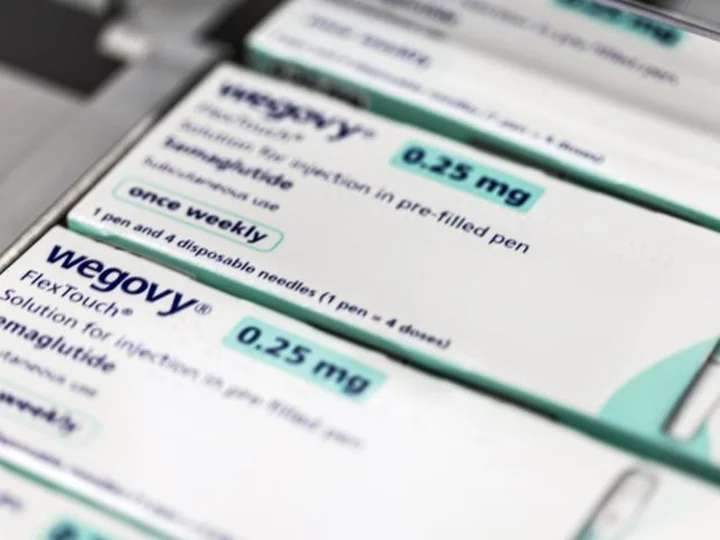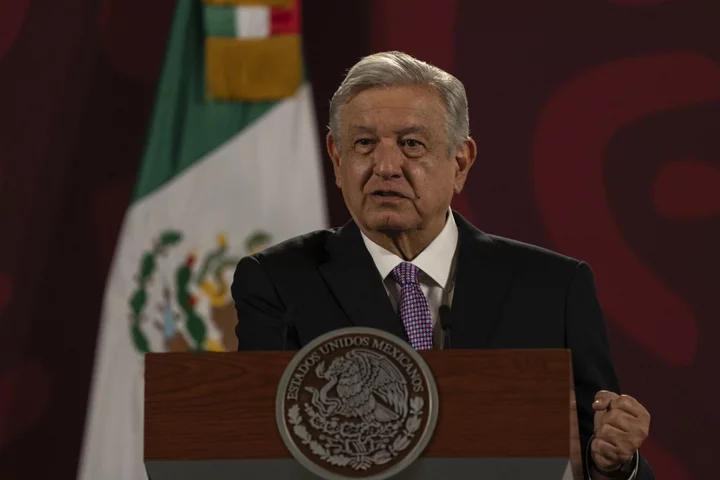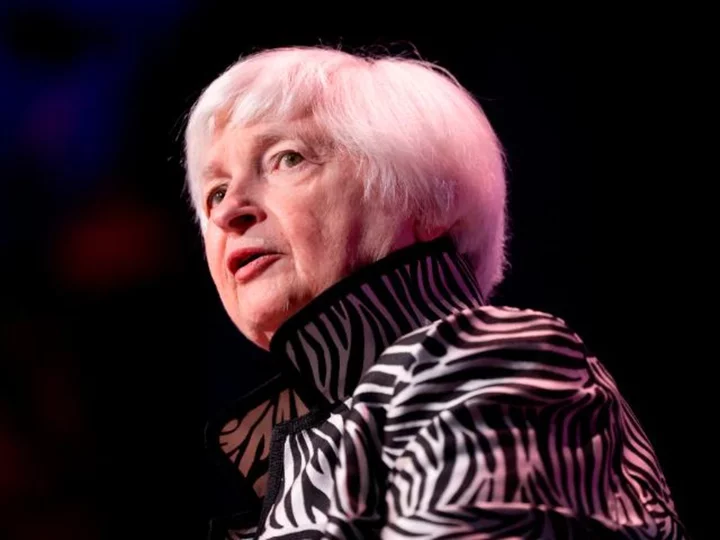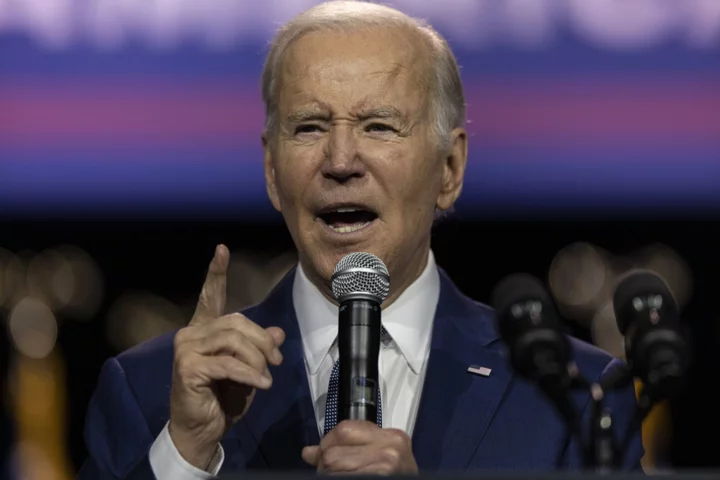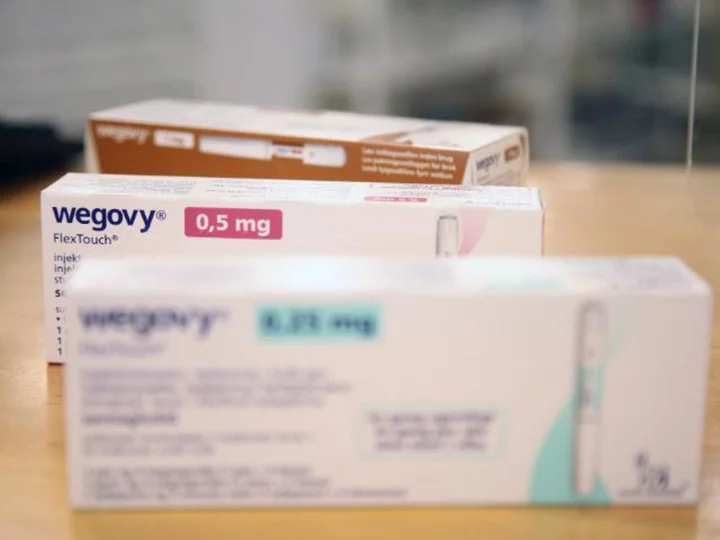Novo Nordisk has dethroned Bernard Arnault's luxury goods giant LVMH as Europe's most valuable company.
Shares of the Danish drugmaker have soared 40% so far this year, boosted by an explosion in demand for its weight-loss drugs Wegovy and Ozempic.
At the close of trading Monday, Novo Nordisk (NVO) had a market capitalization of 2.96 trillion Danish krone ($428 billion). LVMH's market value was around $416 billion. The French firm — which sells Louis Vuitton handbags and Hennessy cognac — has been hurt by the slowing Chinese economy. Its stock has dropped 8% over the past six months, trimming this year's gains to 12%.
Sales of Wegovy and Ozempic have skyrocketed in recent months. Ozempic is a drug developed to treat type 2 diabetes that contains the same active ingredient as Wegovy, and which some physicians have prescribed to patients to help them lose weight.
Novo Nordisk notched another gain Monday when the company announced that Wegovy would now be available in the UK "through a controlled and limited launch."
England's taxpayer-funded National Health Service — an enormous buyer of medicines — confirmed that it would make Wegovy available "as an option" for weight management. Availability will be limited to patients with "at least one" weight-related condition, such as hypertension or cardiovascular disease.
"Wegovy's launch has the potential to help thousands and reduce the number suffering from weight-related illnesses," UK Health and Social Care Minister Steve Barclay posted on X, the platform formerly known as Twitter. "This new generation of medicines [has] the potential to be a game-changer."
'Scratching the surface'
Novo Nordisk is already struggling to keep pace with runaway demand for Wegovy, which clinical trials have shown can help people lose 15% of their body weight after less than 16 months. Recently published results of a five-year trial on the impact of Wegovy on cardiovascular disease also showed the drug reduced the risk of heart attack, stroke or heart-related death by 20%.
Wegovy is currently available in only a handful of countries outside the United States, but the company is already boosting production and on Monday said it expects supply to be "constrained for the foreseeable future."
According to the World Health Organization, more than one billion people worldwide are obese, meaning they have a body mass index (BMI) above 30.
"We are just scratching the surface," Novo Nordisk CEO Lars Fruergaard Jørgensen told CNN's Meg Tirrell in a recent interview. "I have the sense that it could actually take quite some years before we have actually fulfilled the demand out there."
The company is investing billions of dollars to increase capacity and running its factories, "24/7," he added.
Novo Nordisk has raked in almost 49 billion Danish krone ($7 billion) in profit over the first six months of this year, up 30% from the same period in 2022.
Booming sales of its drugs have led to an influx of US dollars into Denmark's economy, pushing up the value of the Danish krone. Denmark's central bank has responded by keeping interest rates below those set by the European Central Bank, discouraging foreigners from buying krone and reducing the value of the currency.
The company is forecasting even stronger growth to come. It now expects its profits to increase by up to 37% this year, much higher than the maximum 19% rise it forecast in February.
Not everyone is convinced that growth will translate into further gains for Novo Nordisk's stock. Analysts at UBS reiterated their recommendation to sell the shares in a research note published Tuesday, citing uncertainty over the willingness of health providers to pay for Wegovy.
Limited healthcare budgets mean "patient flow in obesity is likely to become increasingly restricted," they said.
"We do not debate the fact that the world is challenged by obesity... rather, we argue that the problem is too complex, and today's pharmacology too expensive, to offer sensible health-economics."

